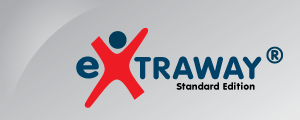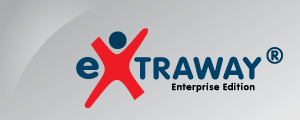The Versions
eXtraWay® XML Engine is an innovative technology that allows you to securely manage and store information records over time, i.e, consistent and complete information units, in order to guarantee their integrity, authenticity, confidentiality and intelligibility in time.
ExtraWay® is composed of a modular motor that accesses exclusively the archive and control, utility and interface modules.
ExtraWay Document Platform Enterprise Edition is a modular system that was created, unlike the base one, for large-scale architectures and, consequently, of greater complexity and with a greater demand for resources, both in terms of number of servers, hereinafter referred to as Nodes, both for the properties of each of them.




